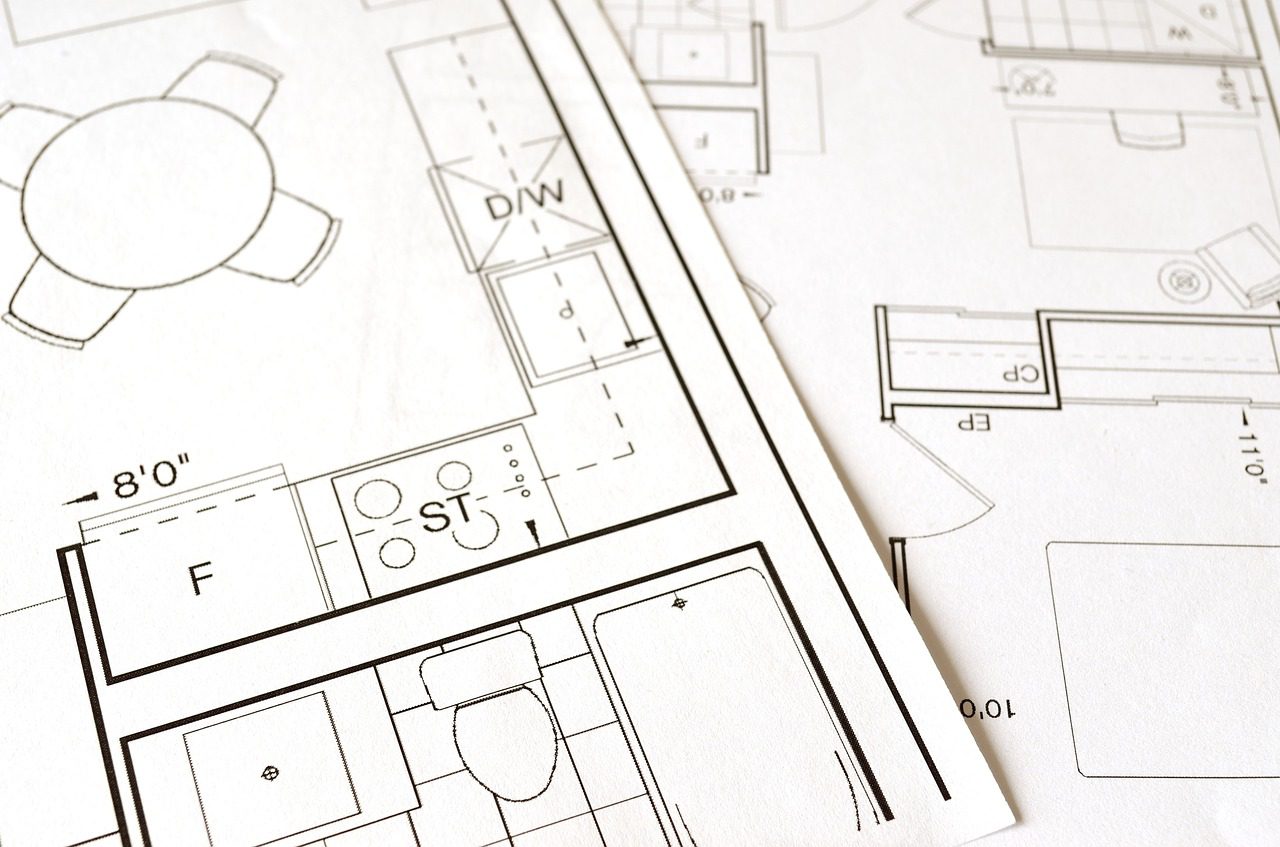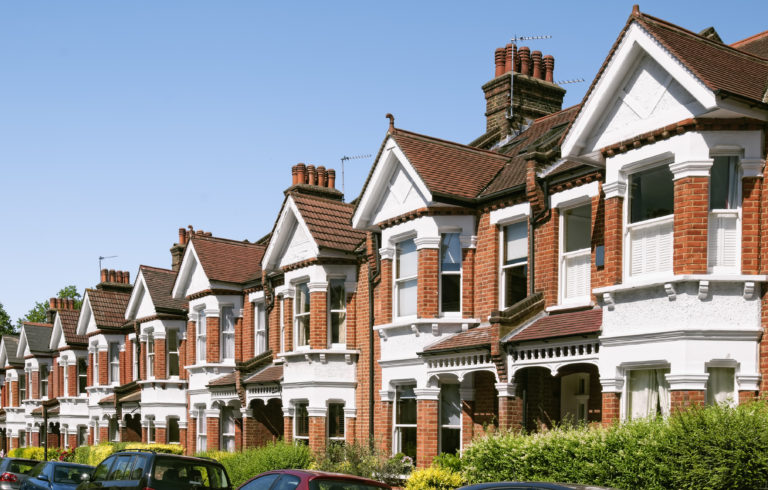Buying a property while it is still under construction is a hugely popular way for investors to make attractive returns, and it’s more straightforward than you might think…
Whether you’re a first-time buyer, a brand new property investor or an experienced buy-to-let landlord, buying off-plan is an appealing option for a number of reasons. Not only can it mean that you secure the property at a better price than if you’d waited for the finished product, but the value of your investment can even grow while you’re waiting for the construction to be completed.
While some newer investors and homebuyers might be daunted by the prospect of buying something before it’s been built, making an off-plan investment can be just as simple as a standard property purchase.
What you need to do – the process
1. Speak to a financial adviser if you’re using a mortgage
As you probably won’t be able to get a mortgage offer until about six months before completion – depending on which lender you use – a financial adviser will give a good steer as to what can be borrowed and when you should begin the formal application process. An adviser should also be able to ensure that you’ll be able to procure a mortgage when the time comes.
2. Decide what your aims are
Whether you’re looking to live in the property yourself, or rent it out as a long-term investment, you should make sure your goals are clear before you embark on an off-plan purchase. If it’s an investment, you should also think about whether a good rental yield is a priority for an ongoing income, or whether you’d prefer to focus on capital growth over time. In some cases, both high rental yields and strong capital appreciation can be achieved.
3. Choose the right development – then the right apartment
It’s vital to find the best project to work for you. For example, if it’s purely a rental property you want, you could choose to invest in a build-to-rent development. One of the benefits of getting in early is also getting the top pick of units available, so you can get the most desirable view or the best floorplan to attract more future tenants.
4. Pay your reservation fee
After agreeing a price, you need to pay your reservation fee, which takes the property off the market and goes towards the purchase of the property. You also need to fill out a reservation form.
5. Appoint a solicitor
Ideally, you should choose a solicitor who has experience of this type of property purchase, or even knows about the particular development in order to make the process smoother. The exchange process usually takes around three to four weeks.
6. Exchange contracts
At this point, you’ll normally have to put down a deposit of 10% of the purchase price, minus the reservation fee you’ve already paid. Then, depending on the development and what agreements you’ve come to, you may make further, staged payments before completion.
7. Watch your property take shape
Now you can watch and wait as the building goes up, and the developer might send you progress reports or construction updates to keep you in the loop.
8. Get your mortgage sorted (if applicable)
Normally, if you’re a mortgaged buyer, your lender would be able to offer you a mortgage six months prior to completion. It’s still a good idea to check with a financial adviser when you should start your mortgage application, and different lenders may have different rules.
9. Completion
When your property is ready, you’ll be sent a completion notice telling you how long you have to complete on your purchase, which is usually about two weeks. This is when you can let your mortgage company and solicitor know, and then they can do the rest. On the day of completion, it’s time to pick up your keys!
What are the benefits?
- Financial – you get the best price before the property is completed, with the best scope for maximum returns
- They can go up in value even as you wait for it to be built
- You’ll be the first person to own the property, so can really put your mark on it
- Repairs and maintenance costs should be zero or minimal for the first few years, as everything is brand new
- New home warranties: there’s the NHBC’s 10-year warranty, as well as warranties and insurance for new homes from other companies
- Whoever lives there – you or a tenant – will benefit from cheaper running costs and higher energy efficiency than in older homes










